With the benefits of working with neutral paint colors, it’s no surprise how they’re included in most home makeover projects.
To neutralize a color, apply its color counterpart. The opposite of yellow is purple, so that’s how you would neutralize yellow. Interior designers use purple paint to cancel yellow color schemes.
Paint colors influence your design choices. Color reflects personality. Finding the best neutral shade requires effort, but the reward is worth it.
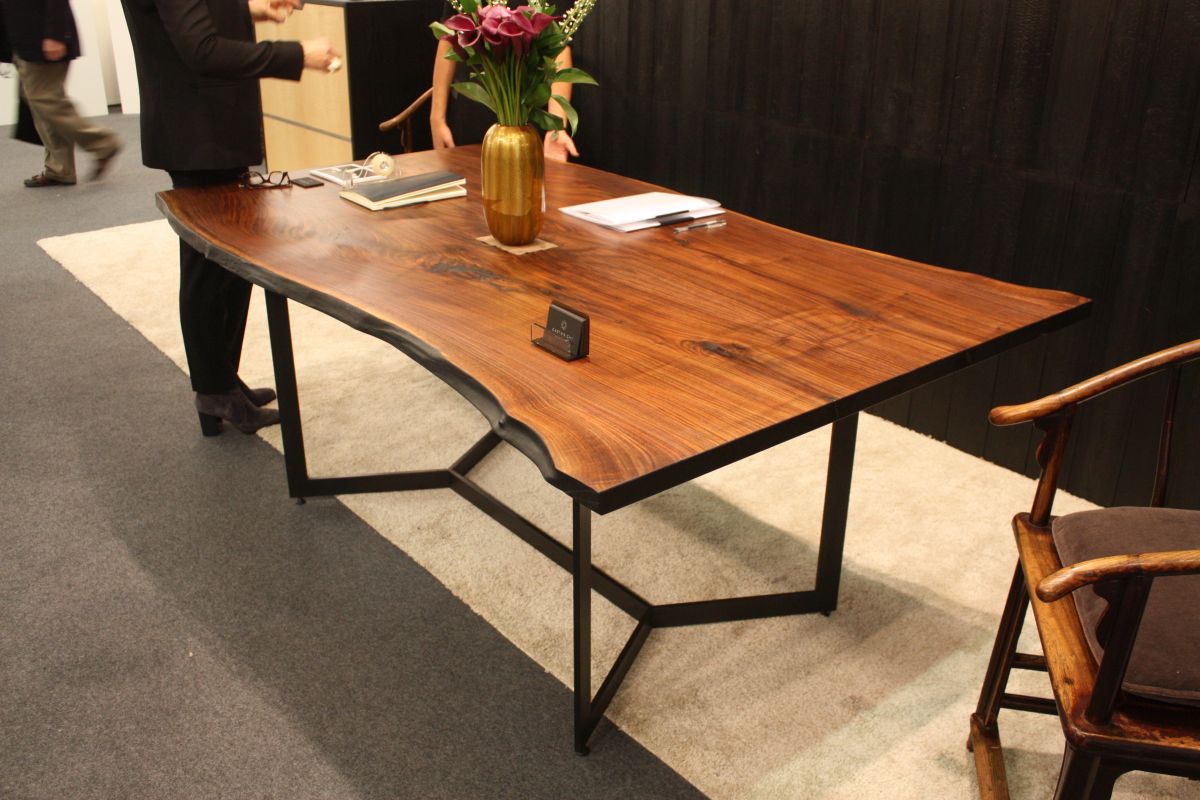

How To Use Neutral Colors For Your Next Makeover

Light Beige


Cream Color

New Neutral Colors
If you’re indifferent about neutral paint colors, we’re going to change that. First, we’ll review neutral shades. Next, we’ll show you how neutral shades are critical colors. And we’ll also give you a few tips on how to use them with other colors.
Muted Blue
Neutral colors used in a home can have warm or cool tones. This versatility increases the usability of neutrals as a whole – simply identify the warmth or coolness that your space needs and choose loved neutral colors.
According to Color Psychology, the name comes from a common flowering plant that produces light purple petals known as “malva.”
White, brown, green, yellow, and orange are not gender specific. The colors pair well with masculine and feminine shades.
Navy



Sage Green
A pale, velvety alternative to beige and rich, deep alternative to white, ivory provides all sorts of chic neutrality. Where natural light is abundant, ivory uses that light and transforms it into a softer, albeit vibrant version of itself.

Regardless of your color scheme, you won’t have any problems painting your walls in neutral shades. With neutral interior design, colors are easier to work with, including accessories and furniture accents.
Light Mauve

A sunburst-topped side table or pair of nesting tables, such as these Kanin displays, look wonderfully natural in their two-toned brownness. Remember that the darker the brown, the more of a grounding effect the tone will have in the space.
Red as a neutral does not include what you think. The color can go in so many directions. Instead, this earthy color relies on brown undertones. When you add earthy red, you create a new dimension. The decorating style uses a dramatic patio chair by Kenneth Cobanpue.
Earthy Red
Black is the most striking of the neutrals, as the darkest and most color-absorptive hue, there is. Using it adds unqualified sophistication to a space. A good way to use black in a non-overbearing way is to opt for more delicate, detail-oriented black pieces such as these Hubbardton drop pendants, where the black silhouette shines.
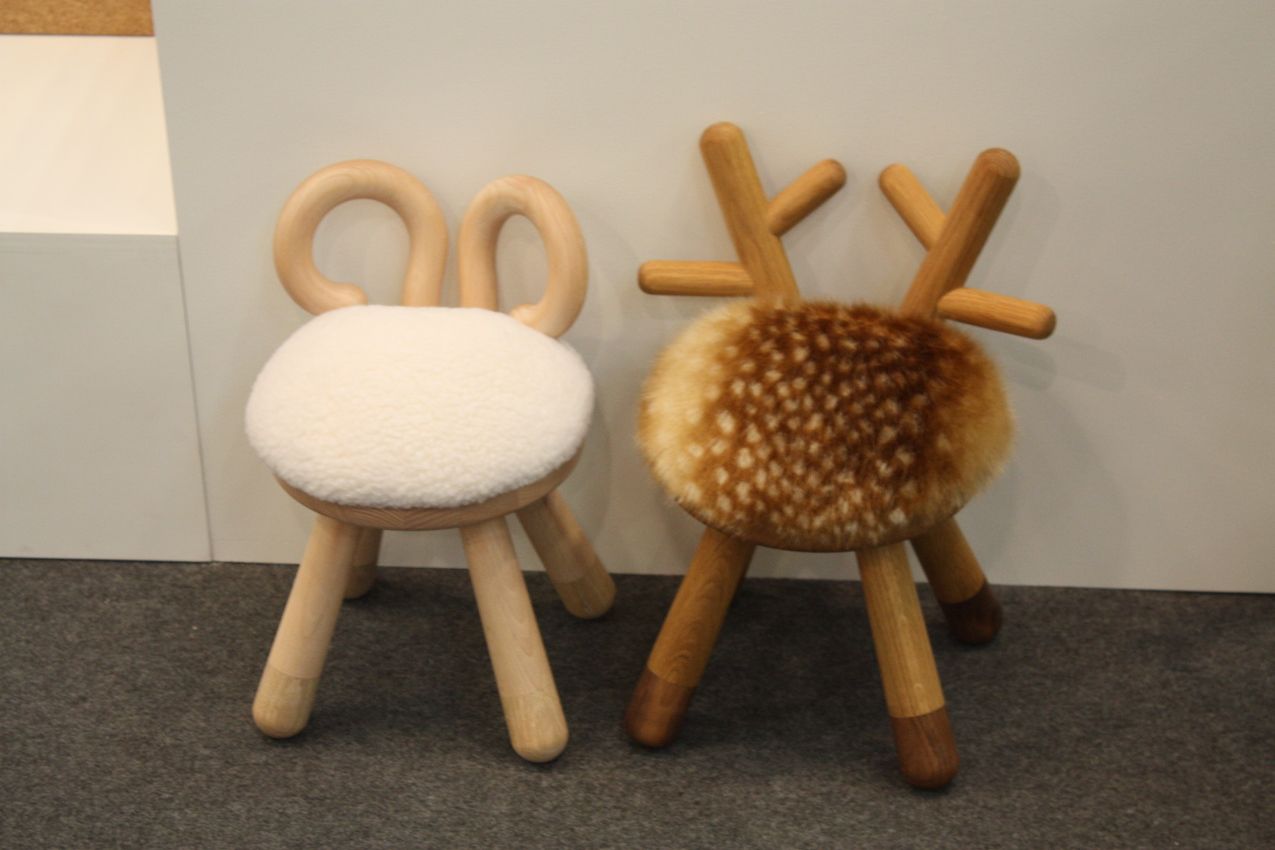
Lilac
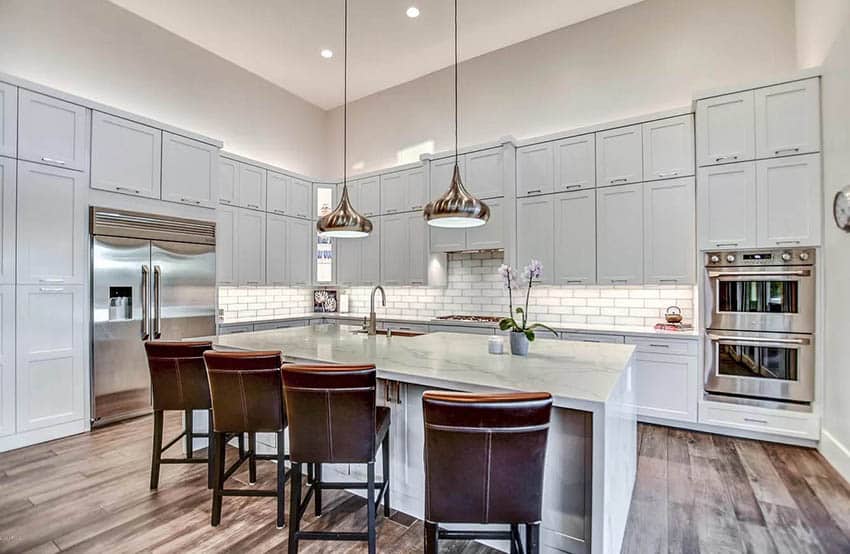
Your space’s design possibilities and potential will expand with the use of neutrals because you won’t be limited to one specific color or scheme. Instead, neutrals will open up vast opportunities and possibilities in every color direction.
Maybe you love the avocado bathroom fixtures and tiles of your 50s rambler, but that doesn’t mean everyone does. Opting for neutral tones in your interior design will attract more potential buyers, should you decide to sell, then bright, specific colors will.
Charcoal

This accent table from Ginger Brown works with any color scheme without the sometimes jarring visual that a jet black piece provides. Shiny or matte, charcoal can also exhibit undertones of other colors, such as browns or greens, so try various shades to find the one that best compliments a room.
All of these are considered “beige.” However, you need to know which ones will work with your space, lighting, and with your other design elements and furnishings.
Pink
Because of their neutrality, neutral colors benefit a space by encouraging the use of patterns and textures without becoming an eyesore or a visual headache. One thing to keep in mind: the greater the contrast between your neutrals, the busier a space will read.
It doesn’t take a skilled expert to work with neutral colors. This feature could be the reason why they’re popular instead of other colors. If you’re considering a living room makeover, for example, and you need color guidance, so you’ll like the neutral paint colors that we’ll show you.
The rising star on the neutral color wheel is sage green. It can be used as an accent color or as a backdrop. You might be that you can mix this gentle color into every space, from the subdued to the vibrant, like this example from Eunoia Modern.
Pale Yellow
Designers have expanded the range of colors considered to be good pairings with neutral colors. The new neutrals blend easily and are versatile. Each neutral color branches out beyond the expected and increases the range of options for your neutral decor.
Many people gravitate toward white in the kitchen these days, but beige can be a gorgeous, creamy alternative that keeps the kitchen feeling warm, welcoming, and still fresh and light.
Silver


Depending on your natural lighting, lilac can look gray, taupe, or mauve. Lilac adds a softer edge to a darker space and, used in a lighter neutral color palette, adds dimension without becoming feminine.
How To Define A Neutral Color
Benjamin Moore offers sage green in a range of tones that compliment any decor layout.
With undertones of gray, muted blue works well with a wide range of neutrals as well as accent colors. Above all, neutrals are calming, and blue is associated with serenity. Blue is said to convey a sense of dependability, and sincerity among other emotions.
Home Décor

No matter your design style or preferences, there is a place for neutral colors in your décor. This is because neutrals provide an ideal decorating foundation or background, which lets you add in layers and/or pops of color to create depth in your space.
Neutral colors also increase the flow from room to room in a home, which is something that homeowners want. In other words, neutrals have a mass appeal across style, taste, and preferences.

Decorating With Neutral Colors
The post Discover The Joys Of Neutral Colors And How To Use Them appeared first on Homedit.
Soothing
Taupe tends to have purple undertones and thus pairs seamlessly with elements of warm purple as accents, such as are present in this gorgeous Pieper Glass lamp.

Augment Color Qualities
With its gray undertones, lilac is the perfect neutral for pairing with black, dark gray, or navy. On its own, it might feel feminine, but combined with bold colors, it shows its blendable nature.

Patterns And Texture
Neutrals can be more challenging to add to some rooms in your home in comparison to others. For example, the kitchen is often a place where you’ll need to use darker neutral colors, as white or cream walls are sometimes harder to maintain in a room where so much cooking takes place.
You’ll find that you can start off with the more muted tones of one color, before adding bolder and brighter splashes of color.
Flexibility
As versatile as a men’s charcoal suit, this shade is a staple in living room design with neutral decor. Not as bold or oppressive as black can be, charcoal provides the same accent impact with a lighter hand.
Neutral colors offer budget friendly solutions when redecorating your home. If you’re bored with your home’s color scheme, add a few accessories to your neutral bedrooms to change their look and feel.
Color Palette
Yellow is another popular new neutral color that is ideal for adding to your nursery, children’s bedrooms, or living room. Pale shades of yellow are so light they are closer to cream or white in color. However, that makes them easy to use in most spaces. If you desire a bold color, bright yellow is a neutral option when working with a terracotta undertone.

Color Foundation
It can save a room from being too boring by virtue of being too safe. A chic velvet sofa like this example is from Quality & Co., is a good example because it’s a piece you can build a room around.

Increase Resale Value
When decorating a room, we always recommend taking a slow and steady approach. Adding layers of color to your room can help you to upgrade your room without putting too many dark or bold colors in too early on in the process.
You might have had your fill of millennial pink but there’s a reason that pink is here to stay: It’s nearly the perfect neutral. Pale, rosy shades blend with everything from earthy colors to bold jewel tones. Neutral pinks offer a range of undertones from brown to blue.

Easy To Decorate


Children’s Bedrooms
Many cream shades have pink undertones too. These blush colors are super versatile and will go with just about anything that you have. This setting from Langdon Ltd. uses pink shades. You’ll notice how the wall undertones push it into an earthy blush range.
Brown or gray are excellent colors to layer, and you’ll find paint and products in every shade you could ever imagine when you start shopping for your home makeover. To help you learn more about decorating with neutral colors, let’s take a look at some of the key benefits of using neutral colors in your next home makeover.
Color Layers
The reason why neutral colors are so popular is that they work in almost any space in your home. Neutral colors are easy to layer, which is why they are good for anyone who is new to DIY.

This silver and white bedroom makeover show you just how modern yet sophisticated this color scheme could look in any room.
Decorating With Neutral Colors
Interior designers agree that soft lavender is a neutral color. There isn’t a color that lavender doesn’t go with. For dramatic effect, combine lavender and red. And if you want to create a soothing vibe, try chocolate and lavender.
Boring

When decorating younger children’s bedrooms, choose a light shade that will help hide dirt on the walls.
Think Beforehand
When your space has a neutral foundation, you will more easily be able to change up the décor and furnishings without having to scrap everything and start over. In other words, decorating with neutrals as a foundation is both time and cost-effective.
Something to remember about neutrals: nature-based elements tend to be inherently neutral themselves and complement a neutral space’s decor.
Design Strategy
White is a dreamy, airy color with which to decorate (a favorite among monochromatic spaces). It appears best when thoughtfully styled with various shades of similar undertones, which would create depth and a visually interesting space.
Neutral colors are a constant part of our daily lives. Whether as accent colors or interior design elements, they’ll always be there. You may hear “neutral colors,” and have a vague idea of what that means, but it’s important to understand it.

Bland Effect

One area of your home where we recommend using neutrals is in your children’s bedrooms. As your children grow, they’ll want to redecorate their rooms.
Neutral Challenges

Neutral colors are by definition unsaturated, allowing them to serve as the relaxing background to a space.
Neutral colors can easily be layered, and by opting for a brown or gray theme in your room, you can then make the shades darker as you start feeling more adventurous.
Specific Uses Of Neutral Colors
Beige
While gray is a classic neutral color, silver takes this shade up a notch and adds sparkle in your home. You’ll have no trouble finding silver accessories in stores nowadays, and they work with almost any color of the room.

Ivory
If navy blue is not in your toolbox of neutral colors, it should be. The color is a classic. It’s a perfect neutral for furniture because it anchors a room while giving enough leeway for almost any color as an accent. Blue undertones also work well.
We’ve all walked into a spec home and been assaulted with tan moldings upon tan walls upon tan carpets upon tan tiles, haven’t we? Avoid matching drab walls with drab carpets.
Taupe
As we’ve already discussed, every neutral color has many (infinite?) shades, tints, and tones within it. Take the mother of all neutral colors: beige, for example.
As a more saturated alternative to the all-white modern kitchen, grey works wonderfully. Consider warming up this popular neutral shade with a piece of wood or other nature-based detail, as grey can read as stark and uninviting if overdone.
Black
This is a trick question. The color wheel does not have neutral colors. Popular neutral colors include beige, taupe, gray, cream, brown, black, and white. Neutral colors are used to complement the primary colors of the color wheel.
Gray and white are the most popular neutral paint colors Sherwin Williams offers. Specifically, “agreeable gray” and “pure white” are at the top. Another favorite is the Sherwin Williams balanced beige.
Brown
While the debate might rage over the color gold, it’s neutral because it goes with everything. When using gold, consider the sheen. If you add too much, the shine and neutral element is decreased.
If you respect modern minimalism, simple Scandinavian, rustic, or French country décor (or anything else), neutrals will likely play an important role in your successful décor. Vary the neutrals’ use in geometrics for a classic and relevant appeal.
Grey
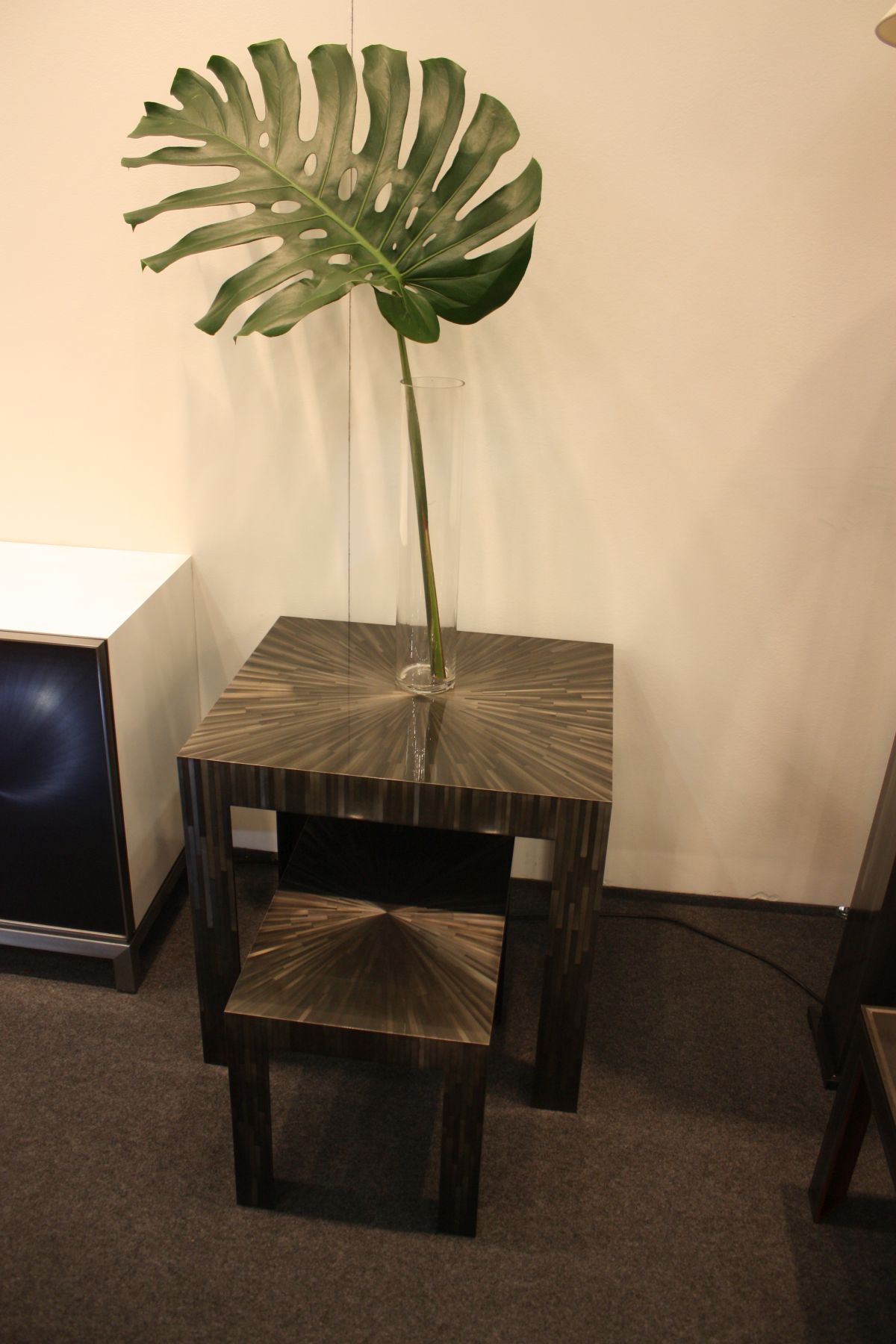
White is also a lovely neutral in two-tone décor and furnishings, as is evidenced by this Ruby Lux chair.
White
Plus, it’s a popular color in most surveys. This Mridul bedding arrangement uses a blue pillow as an accent, however, it’s just as serene as the rest of the items are.
Let’s delve a little deeper into the world of neutral colors and see, first, what neutral colors are. As you can see here, cream provides just enough warmth without overdoing it. You can use the color in almost any room as it provides the perfect backdrop.
This soft shade is a pale purple with a pink or blue undertone, but the trend veers toward neutral colors that could be classified as gray. In the 80s, the color was brighter and overused, today, mauve falls into the realm of neutrals, like this chair by Phase.
Gold

Frequently Asked Questions (FAQ)FAQ
What Color Neutralizes Yellow?

What Are The Most Popular Sherwin Williams Neutral Colors?
As a warmup, light beige is arguably the most popular interior neutral color. Notice how the console paneling is the same color as the wall. That’s not a coincidence. Home décor should be used as a color enhancement.
What Are The Neutral Colors On The Color Wheel?
Neutral, in this instance, means lacking or being without color. Or, in other words, unsaturated with color. But neutral colors are still colors, so a better description would be something like “a hue that appears to be without color.”
Is Lavender A Neutral Color?
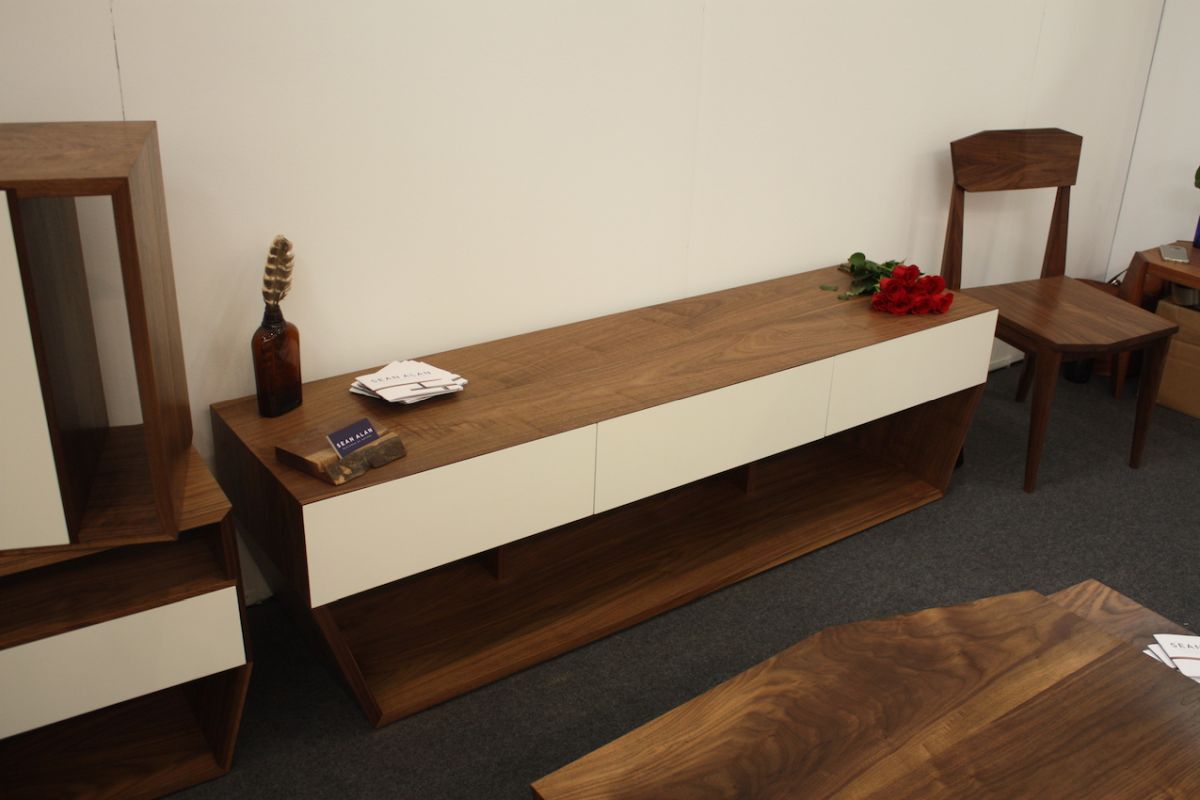
What Are Gender Neutral Colors?

Neutral Colors Conclusion
Neutrals still have shades and tints and tones. Being aware of these underlying tones is important while matching or coordinating colors or picking paint. Beige might have pink or golden undertones, while white undertones can vary from ivory, blue, or even peach.
Let’s review the most common challenges people have when working with neutral colors.
Part of the reason that neutral colors have gotten such a bland reputation is the fact that they are “safe” to use, which leads many people to stick to neutrality and nothing else. To overcome this challenge, look outside of neutral colors when choosing accent pieces, rugs, and wall colors.


